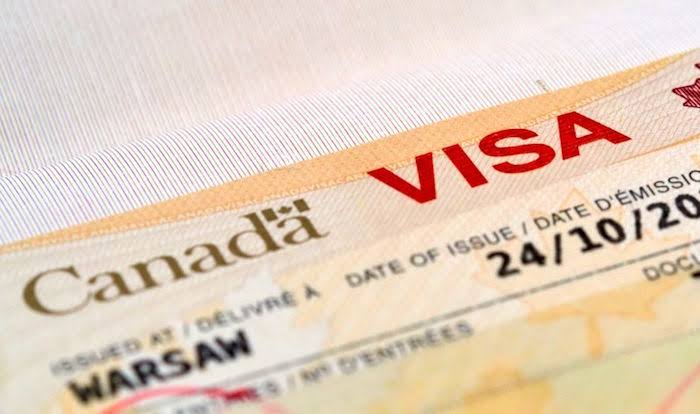In a bid to address exploitative practices within its education system, the province of British Columbia in Canada has announced a two-year ban on new enrollments of international students, including those from Nigeria. Selina Robinson, the Minister of Post-Secondary Education, revealed the decision on Tuesday, emphasising the need to rectify flaws in an international education system that has not been functioning optimally.
The move comes in response to instances of misleading practices, such as a case involving a student from India who expected in-class instruction but discovered on the first day that the entire course would be taught online. This discrepancy led to dissatisfaction, questioning the value of the investment made by the student.
“We do need to stop the bad actors from misleading these students, and that’s what we’re here to fix,” stated Minister Robinson.
In addition to the enrollment ban, Robinson announced the implementation of minimum language requirements at private institutions to better prepare international students before arriving in British Columbia. The details of these language requirements will be disclosed in March, as ongoing work is being conducted in that regard.
British Columbia currently hosts around 175,000 international tertiary education students, with approximately 54% enrolled in private institutions. The province is home to 280 private schools, with 80% of them located in the Lower Mainland.
The ban on new enrollments aims to address issues of misrepresentation and ensure that international students receive the quality education they expect. By implementing language requirements, the province aims to enhance the overall experience of international students in British Columbia. Further updates on these measures are anticipated as the government continues its efforts to safeguard the interests of international students.



